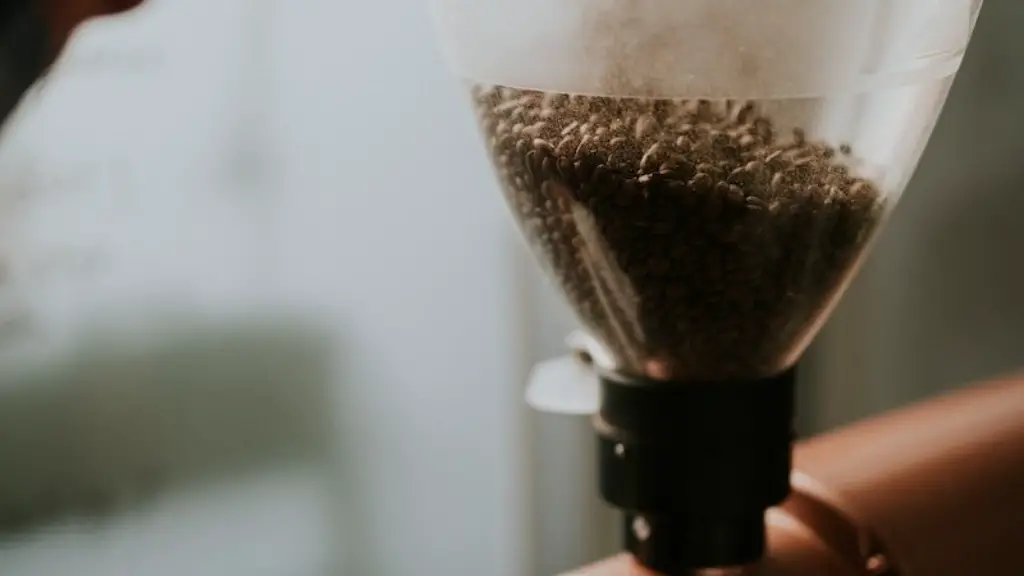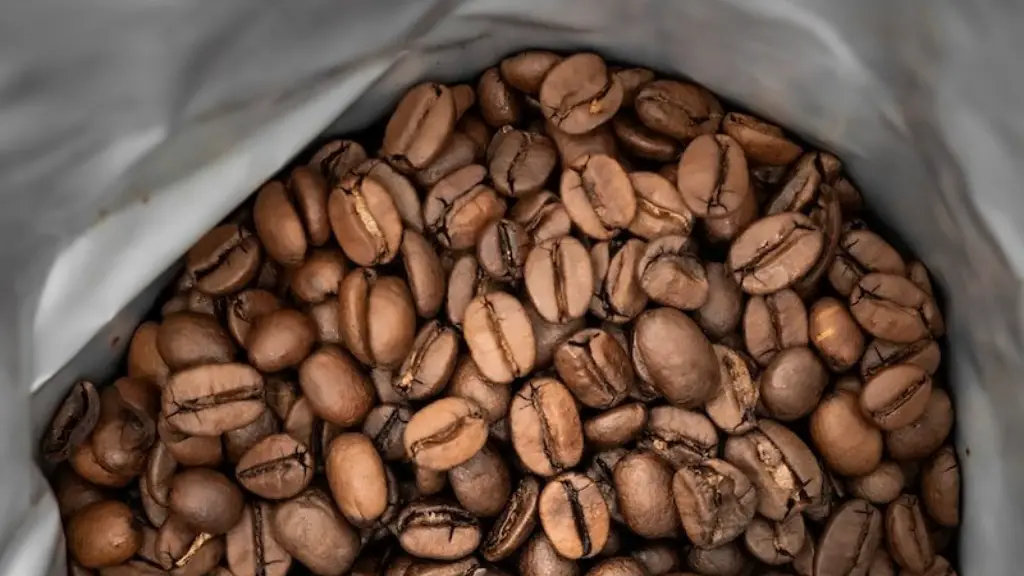Acid reflux, also known as gastroesophageal reflux disease (GERD), can be painful and uncomfortable and, for some, even making the decision to drink coffee can become a difficult one. Coffee, for many, is a ritual and essential daily source of energy and there are many health benefits associated with drinking it, so the idea of giving it up altogether can be daunting. Ultimately, the question about whether it’s safe to drink coffee if you suffer from acid reflux boils down to how it affects your symptoms.
We’ve all been there – feeling that burning sensation as food gets pushed up from your stomach, causing heartburn. The stomach produces acid, which can irritate the esophagus. You may be asking yourself if coffee is an acidic food triggering this pain. According to the National Institute of Diabetes and Digestive and Kidney Diseases, coffee is an acidic beverage. Moreover, the acidity of coffee is determined by its roasts. For example, dark roasts contain lesser acid content than light roasts. In addition,adding milk or cream to coffee can moderate the acidity.
There are a few evidence-based studies that bring to light the potential effects coffee can have on acid reflux. According to the study conducted by Dale M. Bikowski et al., several symptoms including that of acid reflux were observed in people who reported regular coffee consumption. The study further suggested that the intensity of acid reflux because of coffee can be reduced by adding milk or cream. On the other hand, the University of Nevada, Reno College of Medicine conducted a study to examine the effects of caffeine on esophageal function. As per the findings, caffeine increased the pressure in the lower esophageal sphincter, thus increasing the symptoms associated with GERD.
One of the most common questions that people with acid reflux have is whether they can drink coffee. To answer this question, we must understand how coffee may affect those with acid reflux. Coffee can cause an acidic reaction in the stomach, leading to increased gas and bloating in some. It’s also thought that caffeine reduces the amount of time it takes for food to move from the stomach to the intestine. This type of reaction can lead to more acid reflux and increased heartburn.
When it comes to the effects of coffee on acid reflux, people are divided. While some people with GERD report experiencing more severe symptoms after drinking coffee, there are others who have reported that coffee makes them feel better. As of now, there is no research that conclusively proves that coffee causes or relieves acid reflux or GERD. This means that it’s impossible to tell with any certainty whether coffee is beneficial or detrimental to acid reflux.
Expert advice is to limit the intake of coffee or eliminate it completely if you suffer from acid reflux. Caffeine increases the acidity of the stomach and can lead to indigestion, so it’s important to keep coffee consumption in moderation. It’s also a good idea to try other forms of coffee such as decaffeinated coffee or coffee made from chicory roots to reduce the acidity in your cup.
What Is The Long Term Impact Of Coffee On Acid Reflux?
If you have acid reflux, it is important to consider the long term impacts of coffee consumption on your condition. While some studies have linked coffee consumption to the development of GERD, other studies have linked society and lifestyle changes with the development of acid reflux. However, no one has studied the effects of long term coffee consumption on acid reflux.
Coffee consumption can have an effect on your bodies production of digestive acids and enzymes. This means that too much consumption of coffee can affect your long term digestive health. In addition, consistent consumption of coffee can lead to GERD and other long term digestive symptoms. Therefore, it is highly recommended to follow a daily intake plan and to not overconsume coffee.
It is important to note that acid reflux can cause additional gastrointestinal conditions if not treated properly and in a timely manner. Caffeine may further aggravate the acid reflux thus worsening the situation. Therefore, it is important to be mindful of your body and its reactions to different foods and drinks, and adjust your intake according to your condition.
Do Different Types Of Coffee Lead To Different Results?
The type of coffee consumed has a big impact on the severity of the acid reflux. Darker roasts are higher in acidity, thus leading to higher levels of GERD. On the other hand, light roasts contain lesser acidity and therefore trigger less GERD. Decaffeinated coffee and coffee made from chicory roots also have a lower acidity level. Therefore it is important to take into consideration the types of coffee before consumption, to ensure that the long-term effect of acid reflux is minimized.
When it comes to consumption of flavored coffee varieties, it is often difficult to determine the acidity levels. Therefore it is important to contact the manufacturer and enquire about the acidity levels in the coffee prior to consumption. It is also important to note that flavored coffees often contain added sugars and artificial ingredients that can deteriorate gastrointestinal health, thus leading to acid reflux. Therefore, instead of consuming ready-made flavored coffees, it is better to opt for freshly brewed varieties, where the ingredients and proportion of ingredients can be monitored, thus avoiding acid reflux.
Does Temperature Of Coffee Effect Acid Reflux?
The temperature of coffee also affects the chance of triggering acid reflux. Coffee that is too hot has been linked to triggering the symptoms of acid reflux. Therefore, it is important to allow freshly brewed coffee to cool a little before drinking, in order to reduce the chances of triggering acid reflux. In addition, consuming cold blended coffees can also be beneficial in reducing acid reflux, as it prevents the stomach’s digestive acids from reacting aggressively with coffee.
Frothy coffees tend to be very hot while being prepared, and they also contain a high level of fats. Both of these factors can lead to further irritation of the esophagus, thus worsening the levels of acid reflux. Therefore, instead of consuming these coffee types, one should opt for hot coffee with some added foam. This can help prevent inflammation and limit the effects of acid reflux.
How Can Acid Reflux Sufferers Manage And Reduce Coffee Consumption?
Managing acid reflux does not only require reducing coffee consumption, but also making lifestyle changes. Therefore, it is important to make slightly changes in routine such as eating smaller meals and avoiding spicy and fried food. Additionally, regular exercise can also be helpful in relieving acid reflux. Other dietary changes that can help reduce coffee consumption and acid reflux include avoiding coffee close to bed time, avoiding coffee with certain foods, and avoiding coffee that is too acidic or creamy.
In conclusion, the effects of coffee on acid reflux depend on the person’s individual sensitivity. If you suffer from acid reflux, it is a good idea to limit your coffee consumption or try other forms of coffee to manage your symptoms. However, the best way to find out how coffee affects your acid reflux is to take notice of your symptoms after consuming coffee, and adjust your intake accordingly.



